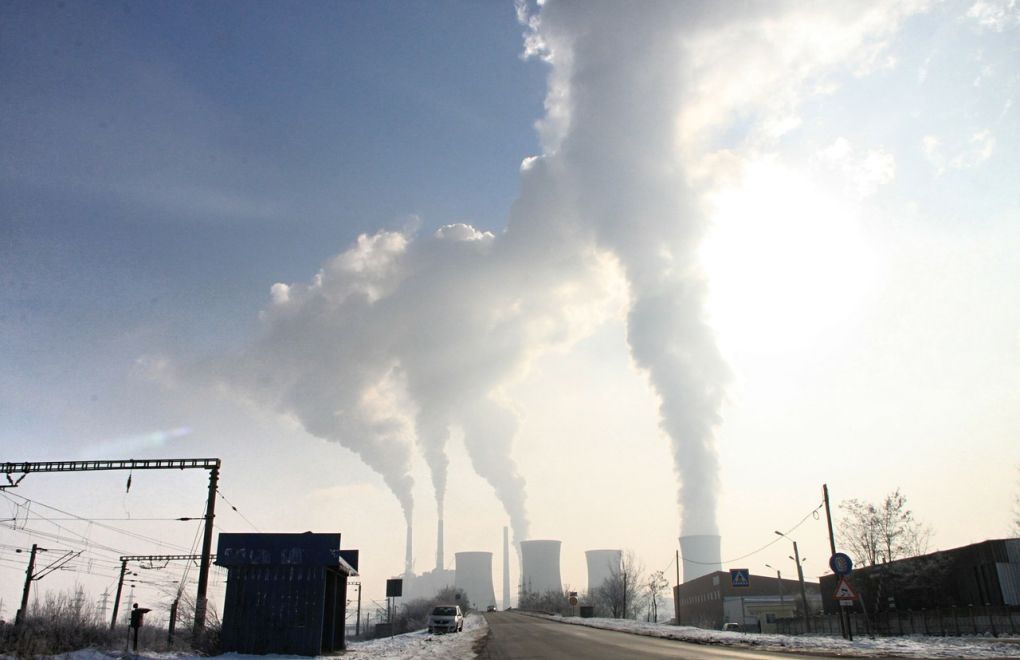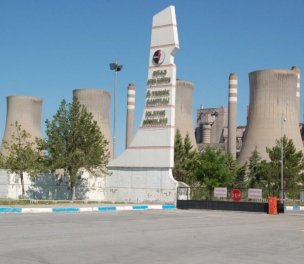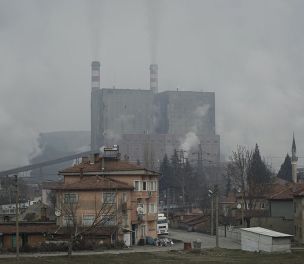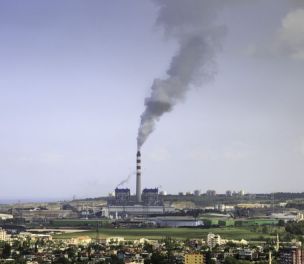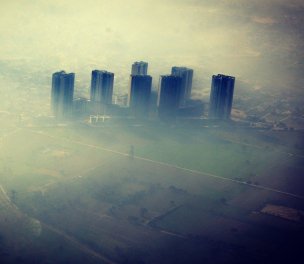* Photo: Pixabay
Click to read the article in Turkish
On February 4 World Cancer Day, the Health and Environment Alliance (HEAL) published a report titled, "Chronic Coal Pollution Turkey: The health burden caused by coal power in Turkey and how to stop the coal addiction."
The report has raised concerns about the health problems caused by coal power plants as well as the costs of these problems.
The report of the alliance has found that the health impacts of coal pollution currently generate economic costs of up to 10.9 billion Euro (or up to 99.37 billion Turkish Lira) in Turkey and across the region annually.
"Turkey is pushing ahead with plans to double its coal power capacity with 30 new coal power stations despite major health impacts and costs linked to the country's existing coal fleet," the HEAL has reminded the public and called on the authorities, together with seven leading health and medical organizations in Turkey, to introduce a "coal phase out."
They have noted that a phase out is "an essential step to protect people's health, achieving cleaner air and tackling climate change."
'Over 26 thousand cases of bronchitis in children'
According to the HEAL's news report on coal pollution, the 28 coal plants operating in 2019 caused a significant health burden, with nearly 5,000 premature deaths, 26,500 cases of bronchitis in children, 3,000 preterm births, and over 1,4 million workdays lost to illness.
The report has also detailed the numbers on health impacts and costs of mercury, given that coal plants are a top emission source.
The report has noted that the health costs of coal power generation in Turkey alone are 53.60 billion Turkish Lira (TRY), which is equivalent to 13 - 27 percent of Turkey's annual health expenditure.
CLICK - 'Air pollution increases the severity of coronavirus'
'It puts everyone at risk'
Commenting on the issue, Anne Stauffer, the Director for Strategy and Campaigns at the HEAL, has said, "Pollution from coal power plants puts everyone at risk of cardiovascular diseases, stroke, chronic obstructive pulmonary disease, lung cancer as well as acute respiratory infections."
She has underlined that this pollution particularly affects those most vulnerable: Pregnant women, children, the elderly, those already ill or poor.
"There's a real need to increase the understanding of how energy choices are linked to our health," he has indicated further.
'Turkey must report transparent data'
Asst. Prof. Dr. Melike Yavuz from HASUDER has also said:
"For an informed and transparent dialogue, the Turkish government has to start reporting power plant and sectoral emissions data.
"Health and medical organisations have to engage more in economic and public health debates on the health impacts and costs of coal and energy production, and health ministries and health actors should have a place at the table in energy, climate, and clean air decisions."
'It needs to be done to prevent other pandemics'
Funda Gacal, Consultant on Energy and Health, Turkey for HEAL, has also underlined that new coal power plant projects must be abandoned:
"New coal power plant projects have to be abandoned swiftly, and a coal phase out planned, as part of a commitment to preventing disease and future pandemics. Moving towards healthy energy is also a necessity if we are to limit the worst health impacts from climate change."
Recommendations for policy makers
"In Turkey, the health and climate toll of emissions from coal-fired power stations are currently not considered in the country's energy policy-making processes," the HEAL has noted and put forward a set of recommendations for policy-makers and health professionals on achieving an energy transition for better health and protecting the climate.
Here are the recommendations for policy makers:
• Close all existing and ageing coal-fired plants as soon as possible and do not build new ones.
• Make informed energy choices based on health and environment impact assessments, and economic cost and benefits analyses that include short and long term local and transboundary impacts.
• Improve transparency and allow for scientific assessments by reporting emissions from the electricity sector in a transparent manner. This includes making data on emissions from large combustion plants, including coal power plants publicly available (and reporting data to E-PRTR), to allow independent research and assessment to be carried out.
• Make statistics on the health status of the population and cases of disease at local level publicly available.
• Make energy sector planning more streamlined by connecting strategies and legislation from economic, energy and environmental sectors and increase transparency by allowing experts and the general public to participate.
• Opt for sustainable forms of renewable energy and energy savings. Take advantage of the falling costs of solar and wind.
• Ratify the landmark Paris Climate Agreement, and set an ambitious Nationally Determined Contribution, as well as targets for increasing the share of renewables. A stronger commitment to climate change also includes the adoption of an ambitious 2030 GHG reduction target, and targets for renewable energy, energy efficiency. All these measures will lead to public health benefits as well as cost savings.
About the HEAL
The HEAL introduces itself briefly as follows:
"HEAL's vision is a world in which today's and future generations can benefit from a clean environment to enjoy long and healthy lives. Lives that are free of health-harming chemicals, where the air we breathe and food we eat and the built environments we live in are health promoting; and a future in which we have transitioned to a toxic free, decarbonised, climate resilient and sustainable economy and way of life. We demonstrate how policy action can protect health and enhance everyone's quality of life."
(SO/SD)
* Click here to read the full report




